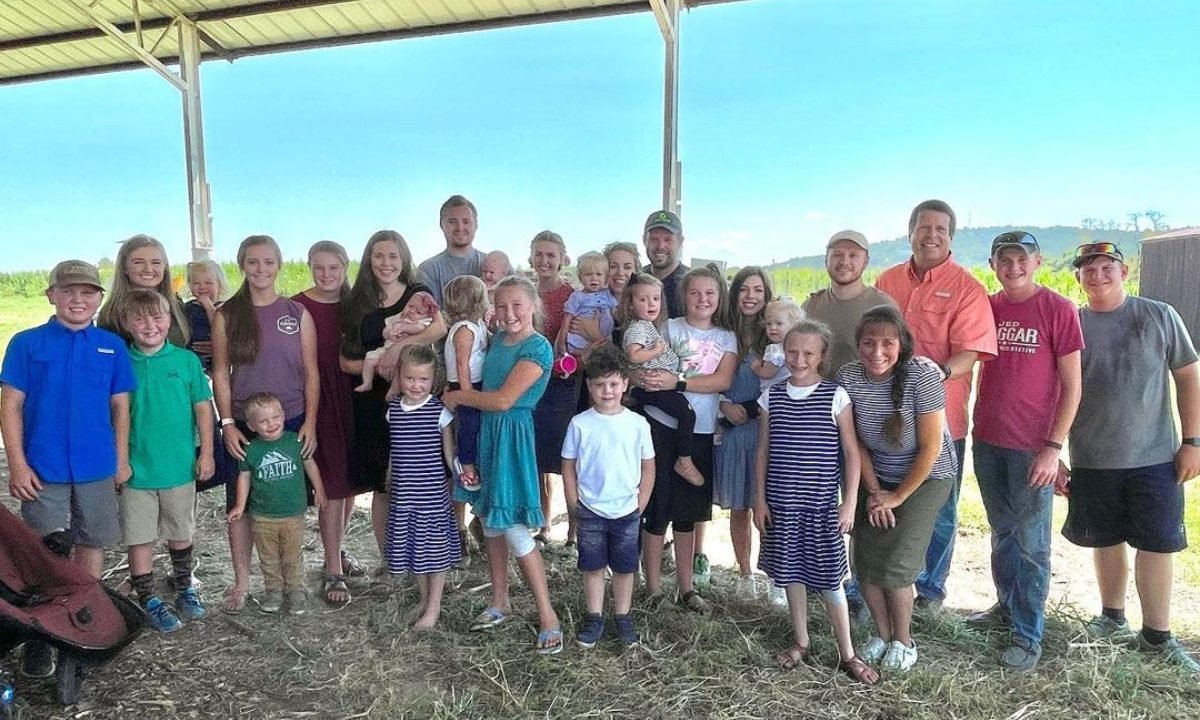There’s a stereotype that a lot of women love listening to true crime podcasts. It’s possible that consuming true crime media is a way for some people to deal with the trauma they’ve experienced in their own lives, and that makes a lot of sense. We often try to confront things that we don’t understand, things that disturb us. I think that’s why I’ve been so tuned in to a very specific side of the internet lately, one related to but not directly part of the surge of interest in true crime: fundamentalist Christianity YouTube.
There’s a swatch of YouTubers, TikTok personalities, and blogs dedicated to examining fundamentalist Christianity, from the church-turned cult disasters (like Heaven’s Gate) to the poster children of religious conservatism (like the Duggars or the Plaths), to plain old strange “conservative influencers.” Lately, I’ve been marathoning videos about these tiny sects of the church I grew up in, and hearing about the fringe groups has led me to realize that learning about strange happenings in the Fundie world is my version of true crime. It’s comforting.
Absolute queen, Fundie Fridays.
There are two big related groups deconstructing Christian teachings and the Church (yes, the capital C church!). One group seeks to question religious trauma and teachings in mainstream Christianity. For example, purity culture advocated by organizations like True Love Waits can be damaging to folks’ mental health long term and teach people (but women especially) to track their value by their perceived “purity.” Some deconstructionist movements look at megachurch culture and mainstream Christianity, but that’s not really what I’m interested in.
I’m more hooked on information about fundamentalist groups like the Institute in Basic Life Principles or Heaven’s Gate or Jim Jones, you know, stuff that starts out seeming normal, albeit a little zealous, and then goes downhill the more you look into it. There’s a clear connection between videos that deconstruct fundamentalist movements and true crime videos. What’s the real difference between talking about a grisly murder while doing your makeup and unpacking the Bates or the Rodriguez family while expertly applying eyeshadow? Unfortunately, not a lot.
While the Fundie Snark community isn’t anything new by any means, I’ve recently been marathoning videos by Fundie Fridays, a YouTuber that discusses some of the biggest names in far right, fundamentalist Christian culture whilecreating amazing make-up looks. Not only is she extremely funny and thoughtful in her presentation, but she works hard to treat each subject with kindness. In other words, she doesn’t punch down, and while she seeks to call out abuse within the community, she doesn’t want to make anyone’s life any worse than it already is. That sort of kindness is more reflective of the Christian teachings that the groups she discusses should espouse, isn’t it? There’s a certain funniness to how kind Jen and her partner James are on Fundie Fridays, considering how the groups they examine often are not very nice to groups they dislike (hello, Westboro Baptist Church).
Girl Defined can teach you how to wear makeup in a God-honoring way.
Here’s why Fundie deconstruction isn’t so different from true crime; Both genres focus on trauma, often at the hands of abusers, often involving children, and often dealing with sexual assault. They’re both, in many ways, crimes, but in many communities Fundie groups are praised or, at the very least, accepted. I grew up in a Southern Baptist community, and I consider myself Christian now, but I still don’t understand how so many families in my church looked up to the Duggars when their show first came on the air. Once, my pastor’s wife told me over dinner that she admired Michelle Duggar’s “Godly approach to motherhood,” and simply refused to believe me when I told her about blanket training, the buddy system (where older children are assigned younger children to – essentially – raise), and the fact that Josh Duggar molested his sisters without much punishment. Because the Duggars were proud Christians, with their own television show, many religious people were willing to overlook the troubling parts of their lives and parenting. I felt like I was being gaslit every time I talked about how the Duggars were potentially abusive, only to have my friends and family tell me it was all fine, and that they were evangelizing the best way they could – as if that excuses abuse.
The reason that videos like Fundie Fridays’ are helpful to me now is that they confirm what I thought all along in a comforting way; Fringe fundamentalist groups are dangerous and cult-like, and often the children in these homes have years of trauma therapy ahead of them. All religion isn’t good religion, and it’s never okay to advocate or excuse abuse just because someone’s political or religious beliefs seem to line up with yours.
In the way that podcasts like My Favorite Murder make true crime funny (in a dark way), Fundie Fridays dissects fundamentalist groups with humor, but also with the gravity necessary for such dangerous groups. People are truly horrible, and sometimes the only thing you can do is laugh.
Thank you for being so awesome, Jen!




